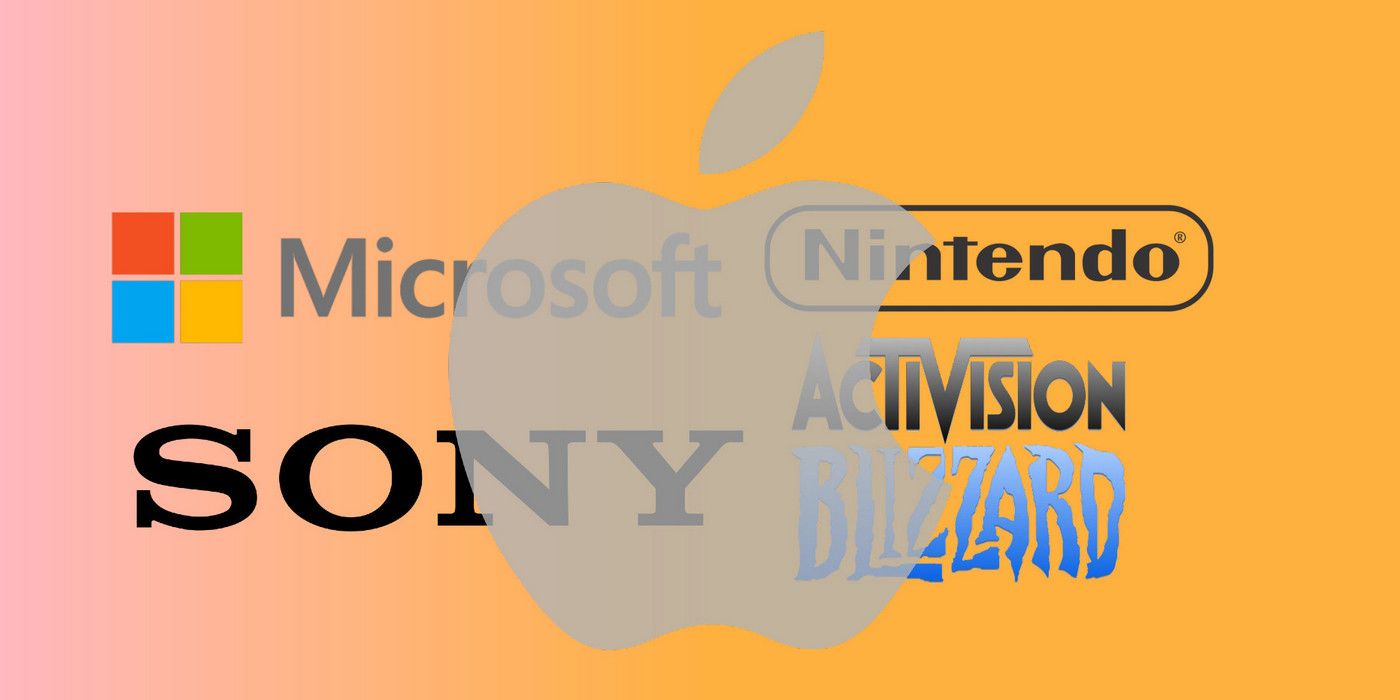Apple reportedly made more profits from video games than Sony, Nintendo, Microsoft, and Activision Blizzard combined in 2019, despite not developing games of its own. The Cupertino, California-based tech giant charges a 30% cut for all digital purchases made through its App Store, which is the only official way of paying for games and making in-game purchases on iPhones and iPads. The company was recently sued by Epic Games for precisely that practice, which prevents app developers from collecting any subscription fees by any method that would circumvent the App Store payment option.
Apple also rakes in money from its Arcade gaming subscription service that is available on devices running iOS 13 and later. The service launched in late 2019, so it is unlikely to have contributed significantly to Apple's gaming revenues that year but has since become an area of focus for the company as it looks to improve its presence in the mobile gaming scene. As of 2021, Apple may not be making any games of its own, but its influence in at least the mobile gaming sector is undeniable.
According to The Wall Street Journal, Apple earned a whopping $8.5 billion in operating profits from games in 2019, which is more than the combined gaming profits during that year for fellow tech giants Microsoft and Sony, as well as gaming powerhouses Nintendo and Activision Blizzard. Details about Apple's gaming revenues reportedly became public after they were released as part of the company's recent antitrust trial. Apple, however, has contested these claims, saying the figures tossed around during the trial are not accurate.
Will The Recent Court Ruling Impact Apple's App Store Dominance?
The so-called Apple Tax, or the 30% commission that the company charges for purchases made through its App Store, has served Apple well over the past decade. However, the company's unwillingness to allow developers to offer direct payment methods outside the App Store has seen increasing pushback from developers in recent times, culminating in the recent lawsuit by Epic Games. While Apple is largely seen to have won on most counts, the one key decision that went against the company had to do with the App Store payment model, which was the bone of contention between the two parties in the first place.
As part of her verdict in the Epic vs Apple case last month, US District Judge Yvonne Gonzalez Rogers said that Epic must pay Apple its 30% cut from the revenues it collected through direct payments in 2019, but ruled that Apple must allow developers to offer alternative payment methods outside its App Store. The ruling is likely to have wider implications in the gaming industry in the coming months and years, but for now, it remains to be seen if it will force Apple to change its App Store payment structure going forward.
Source: Wall Street Journal


